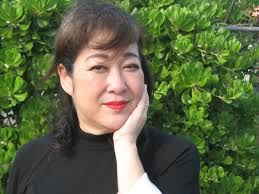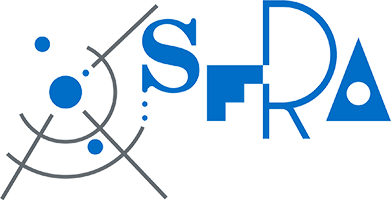2020-2021 (Track B)
Support a New Scholar Awardee:
Ida Yoshinaga

Brief Bio
Earning her Ph.D. from the University of Hawaiʻi-Mānoa Department of English Creative Writing Program, Ida Yoshinaga combines creative writing pedagogy, genre theory, and formal analyses of story development and of screenplay drafting during the screen story production process. In her dissertation, she analyzed the connections between fantastic-genre audiovisual modes, the employment and promotion of minority screenwriters within Hollywood’s labor-management relations, and the cultural politics of screen representation as a result of the social stratification of teleplay writers and producers during this Peak TV era. A Disney scholar, she also researches the complex dynamics between labor and leisure within the political economy of transmedial (i.e., “franchise” or “IP”) fantastic storytelling, deploying cross-platform narratological analyses to evaluate gender, class, racial, and colonial memes across narrative and non-narrative fantasy media.
Research Summary
I contrast Disney’s mass-produced, Big-Data-guided articulations of the fantastic with female consumers’ practice of a fantasy imaginary within and outside of Disney’s story-world platforms, including film, TV, fashion, food, and theme parks. Focusing on digital-age technologies of creative-labor extraction by Disney and their relationship to diverse female consumer subjectivities produced through its worldwide fantasy lifestyle empire, I analyze data from passive observation conducted at Disney Parks and Universal Studios Parks (and resorts) alongside those from fieldwork at alternative fantasy franchise and non-franchise leisure sites in the community, framing those findings against the scripted production of fantasy narrative by Disney writers.
